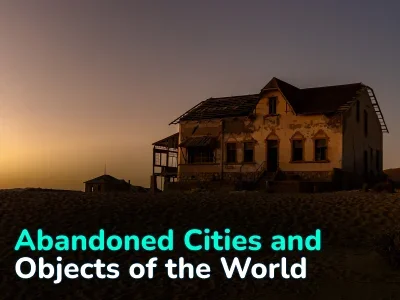
How to Get a Talent Visa and Move to France: Personal Experience and Advice
Moving to another country to develop a business and live permanently is a difficult but exciting process. In this interview, Elizabeth shares her experience of obtaining a French talent visa, as well as talks about how she generally lives in this country.
The main thing is to prove the innovativeness of your idea.
About How I Decided to Move
— My name is Lisa, and I am 29 years old. In 2019, I founded an online French language school Francile, to which I currently devote most of my working time. I started with teaching, and then gradually began to gather like-minded people, starting my Instagram in 2017. At the moment, my team consists of 20 people.
By the way, because I have always been connected with the French language, I have, of course, always had a desire to try living in France. Back in 2019, my husband and I tried to move on a student visa with the help of French courses, but, unfortunately, we were refused. We made our next attempt in 2022, finally moving in 2023.
I learned about the talent passport back in 2019, right after we received our first refusal. Thanks to Instagram, I met guys who had relocated similarly. But at that time, it seemed to me that you really needed to have some outstanding abilities to get such a visa.
When I came back to the idea of moving in 2022, I studied the topic again and realized that I could qualify for this document very well. Since I speak French, it was easier for me to look for all the information from official sources and not contact agencies, which, by the way, charge a very large fee for processing all the documents.
A small spoiler: even if you contact an agency, you will still have to go through many stages yourself. So I didn't see any point in it at all.
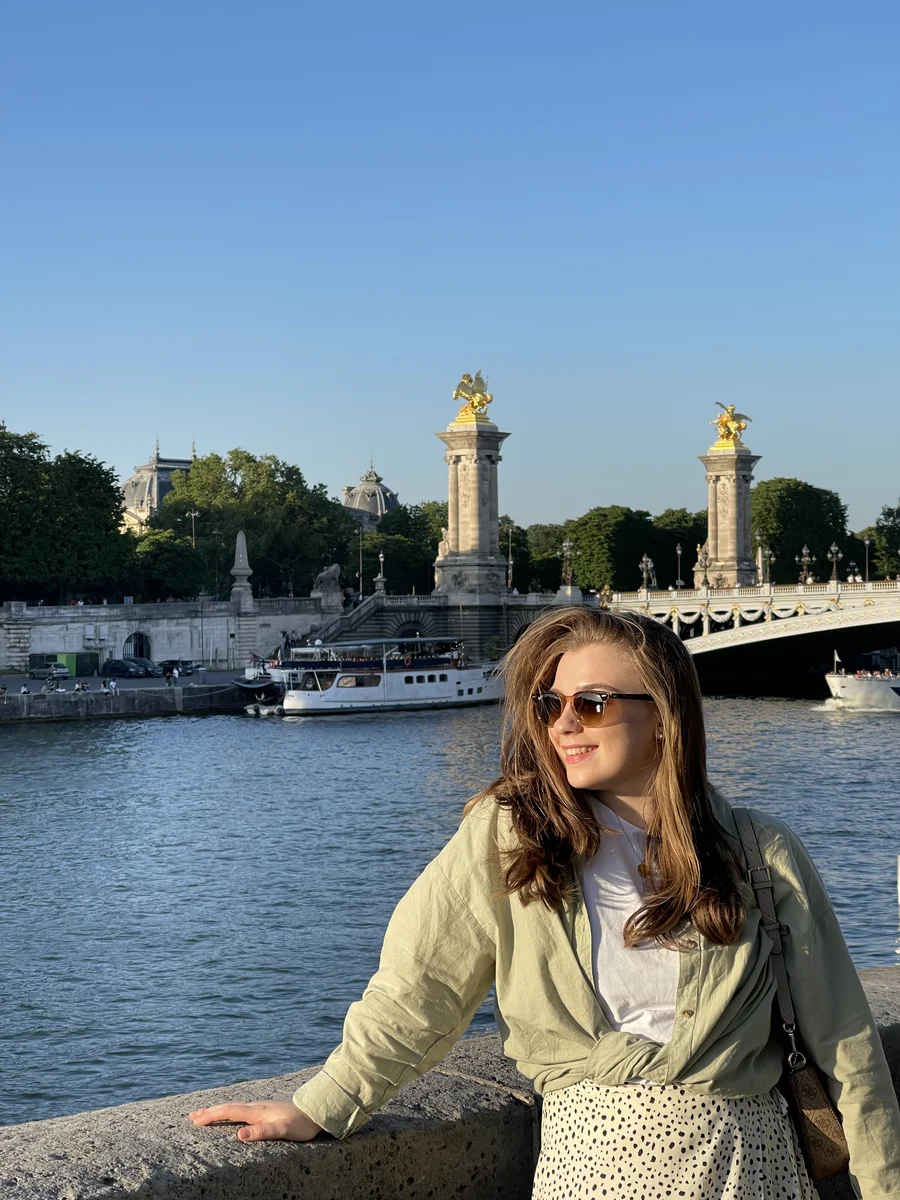
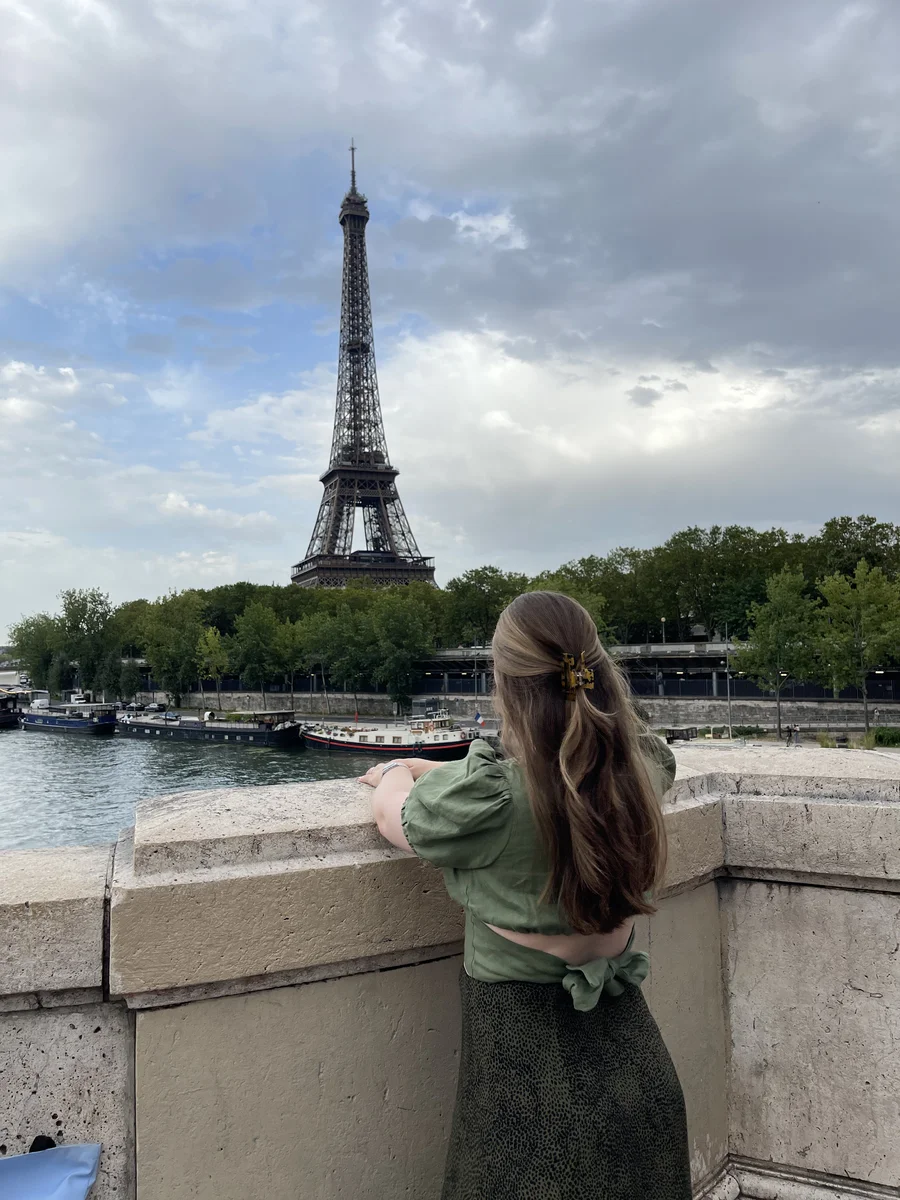
On Obtaining a French Talent Passport in Practice
— As soon as I understood how the algorithm of actions is structured, I realized that I needed to prepare a project. Initially, I planned to use my school as such, but since it is not exactly an innovative enterprise (and it was under this category that I intended to receive a visa), I decided to come up with something else. With my startup partners, we settled on the tourism sector and defined its fundamental idea.
It is worth clarifying here that the absence of a ready-made business in this case is normal. The key point is the innovativeness of your idea and its “need” in France.
Preparing for the move and collecting documents for the talent passport looks a bit like a game of Mario, where you have to complete certain levels.
First level — this is the formulation of the idea of a future startup.
Second — search for an accelerator or incubator. This is a French company that helps a startup develop. Unfortunately, without an invitation from an incubator or a contract with it, applying for a visa is pointless.
Since my project is related to regional tourism, I was looking for incubators that are located in small cities. Accordingly, for moving, I was also considering not Paris, but the regions. After 3 months of searching, I received a letter of support from one of the incubators.
By the way, an incubator is a paid story. That is, you pay money to the incubator for its help in developing your project. All incubators have completely different conditions: somewhere you pay one large sum at once — I paid monthly. At the moment, we have already finished working with the incubator, but, as I already said, initial cooperation with it is a mandatory condition for obtaining a visa.
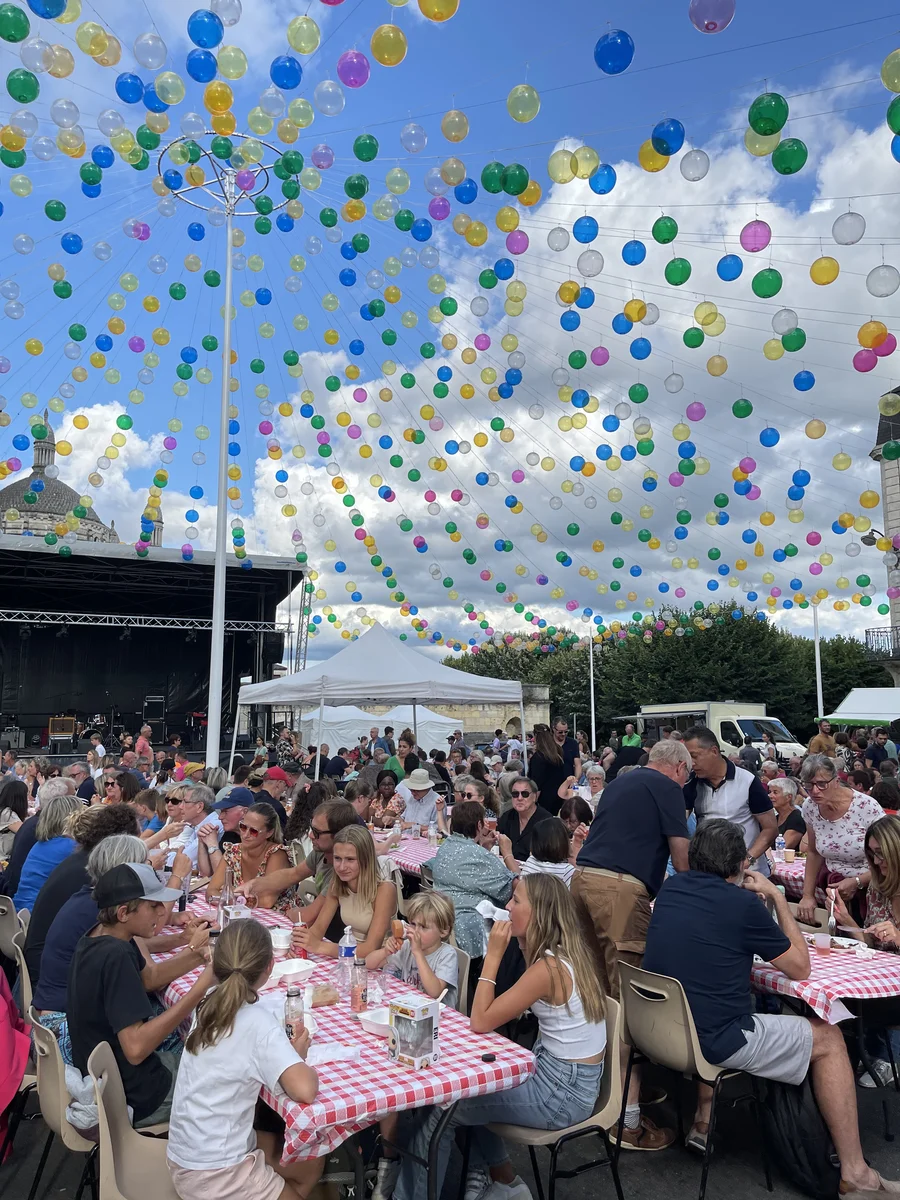
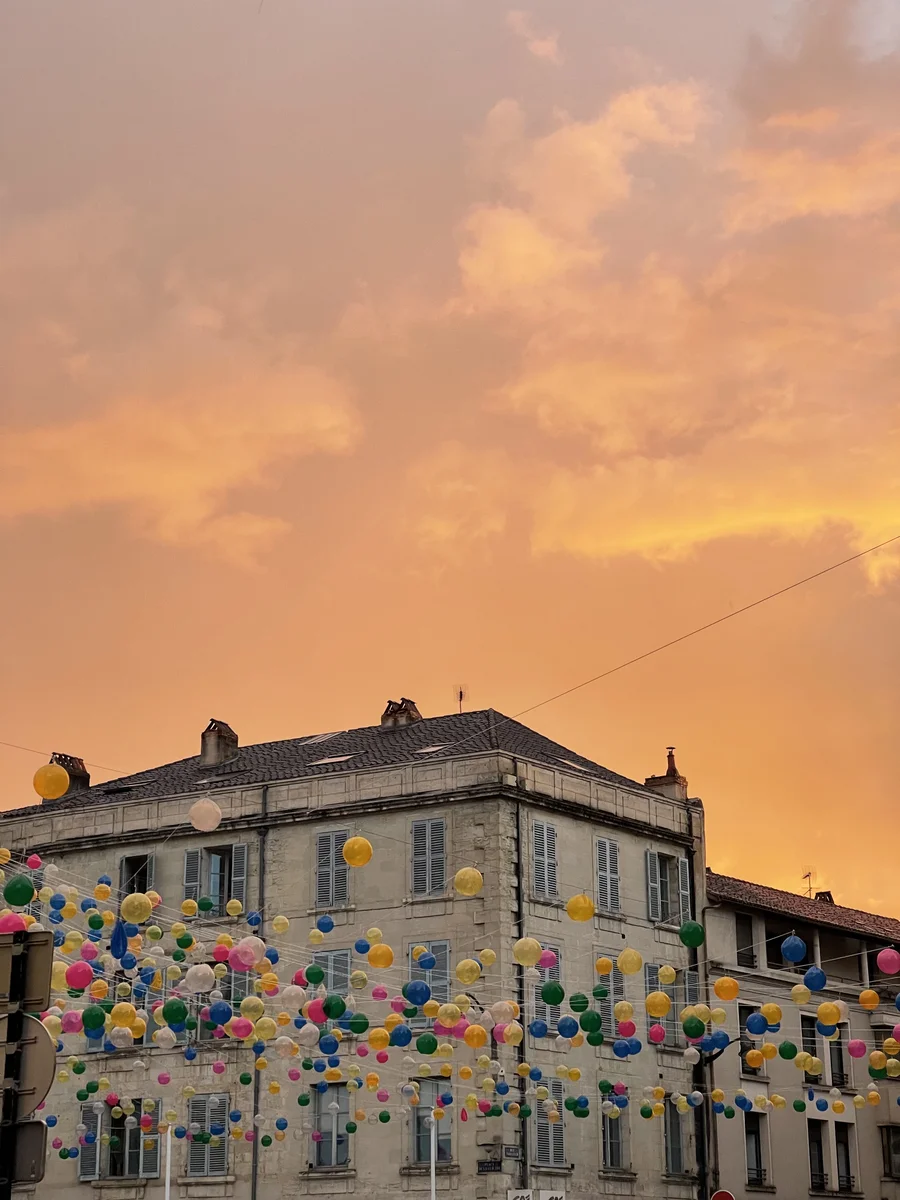
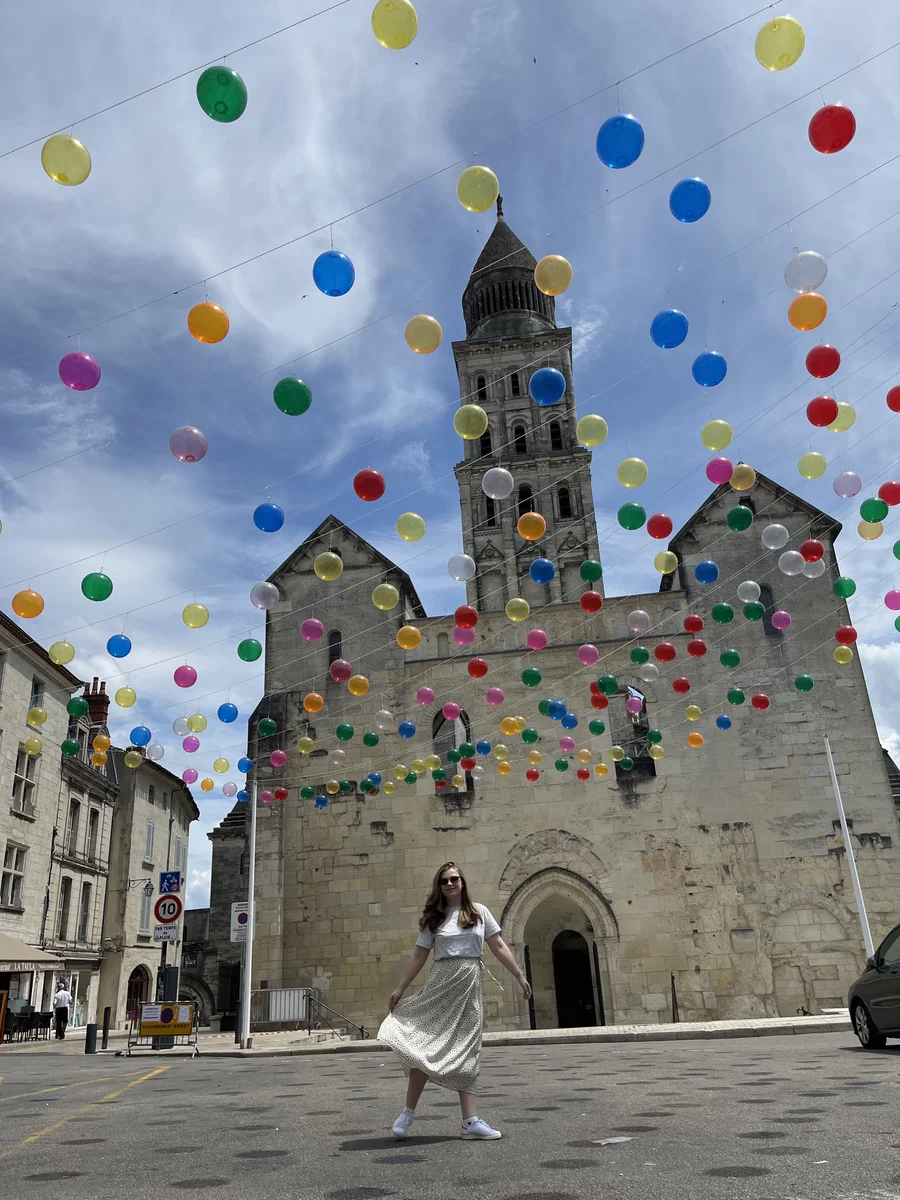
— The next step is to obtain confirmation of the innovativeness of your project from the French Ministry of Economy. This is done online by filling out a rather lengthy questionnaire: in it, you need to justify the innovativeness of the startup, talk about your market, competitors, monetization opportunities, and so on.
My first attempt was unsuccessful — I received a refusal. Then I prepared an additional presentation, where I spoke in even more detail about the innovativeness of our idea. This time I received confirmation. In total, this step took about 1.5 months
And finally: with these documents, you can catch a slot and apply for a visa.
The key point in choosing a startup visa was that all family members of the main applicant receive the same residence permit and have the right to legally work here.
The second advantage is that this visa often gives a residence permit for four years at once. Unfortunately, this did not happen to us, and we received our first residence permit for only one year. This happens, it depends on the prefecture. Now we are in the process of renewal and are waiting: we should be given three or four years of the next residence permit.
At the moment, the startup is not my priority, as it is my second project after French school – I devote most of my time to it. But, of course, within one or two years I would like to see some formed ideas for this project and gradually begin to implement it. I hope that in the second year of emigration, it will become easier, and then I will begin to work more closely on my startup in the tourism sector.
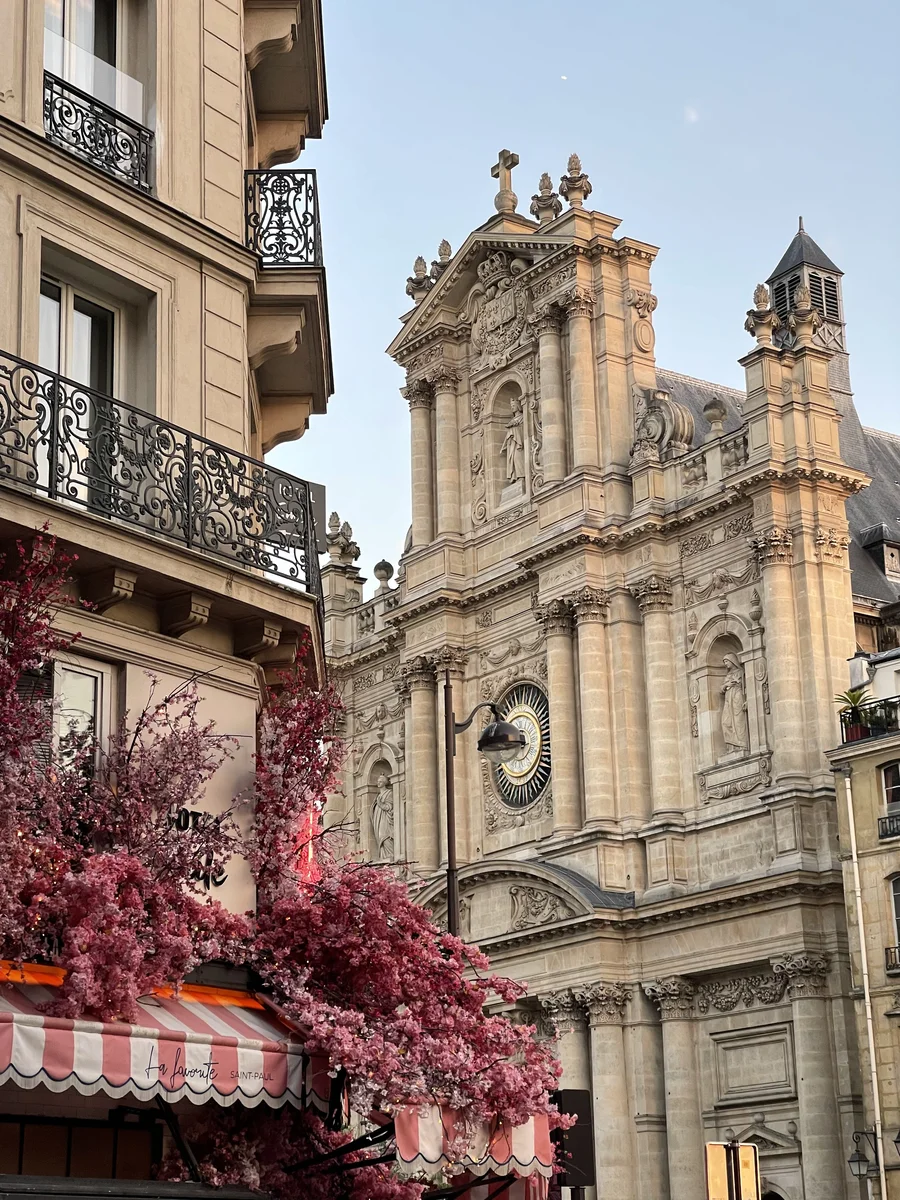
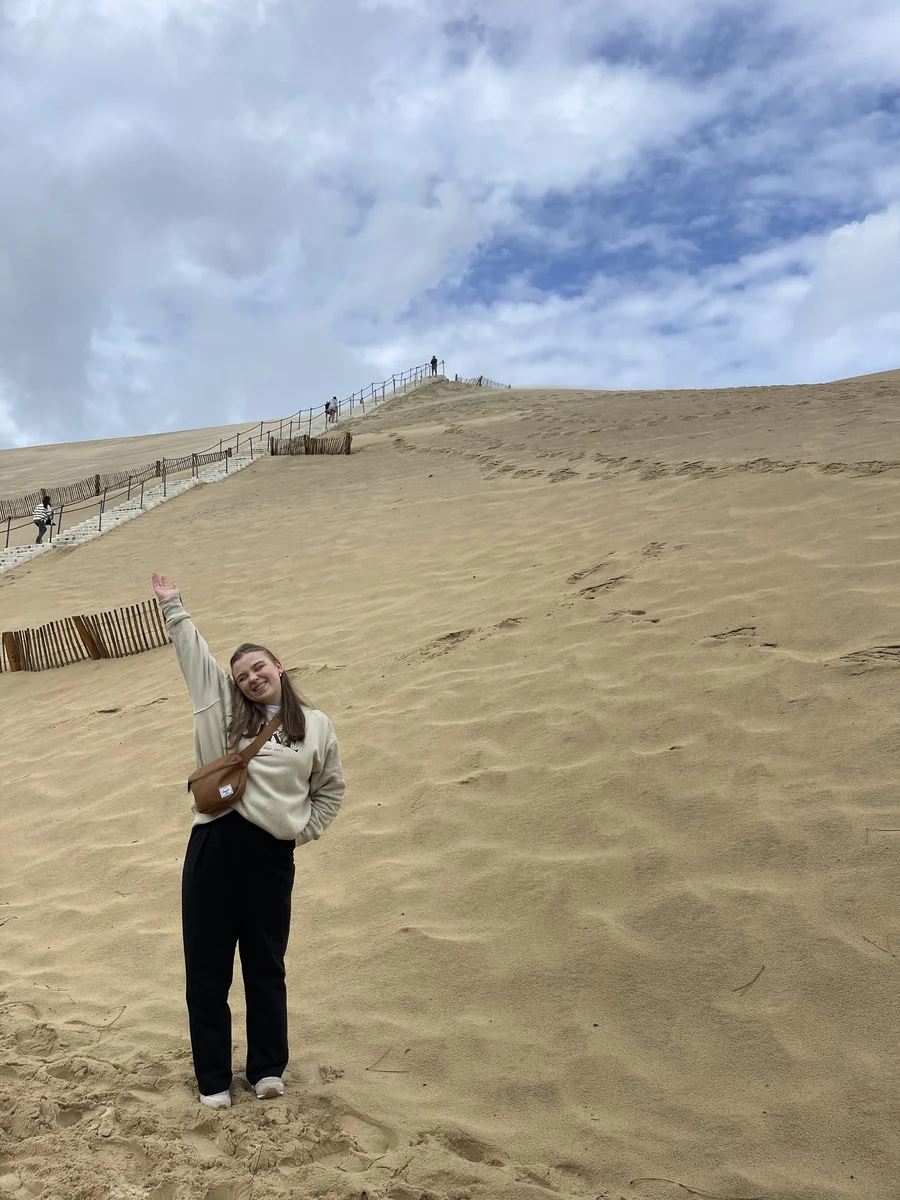
The French are wary of renting out their apartments.
On Bureaucracy and Prices in France
— At the moment, we live in a small town called Perigueux, in the Dordogne region. It is a very provincial region, but overall, it is a good option for the first year of life.
I am glad that I have a French school because it is much easier for me to create content in this country. Also, after moving, we have seen a big increase in the number of students.
Of the minuses of life in France, we note, of course, bureaucracy. It is an insanely drawn-out and complicated system. For example, to open a bank account with a Russian passport now, you need to go through a complicated procedure.
In general, the entire first year is devoted to completing various types of paperwork to legalize your stay here: insurance, medical documents, new driver's licenses, and so on.
The standard of living and prices depend greatly on the city. In Paris, of course, a large part of the budget will be eaten up by rent. In our small city, renting a three-room apartment costs 850 euros, which is very inexpensive.
According to my most modest calculations, a family needs at least 2,000 euros. We probably spend more than 3,500 euros, but we do not deny ourselves some purchases or travel. But we have not yet acquired a car: we plan to do this shortly and, naturally, this will increase our expenses.
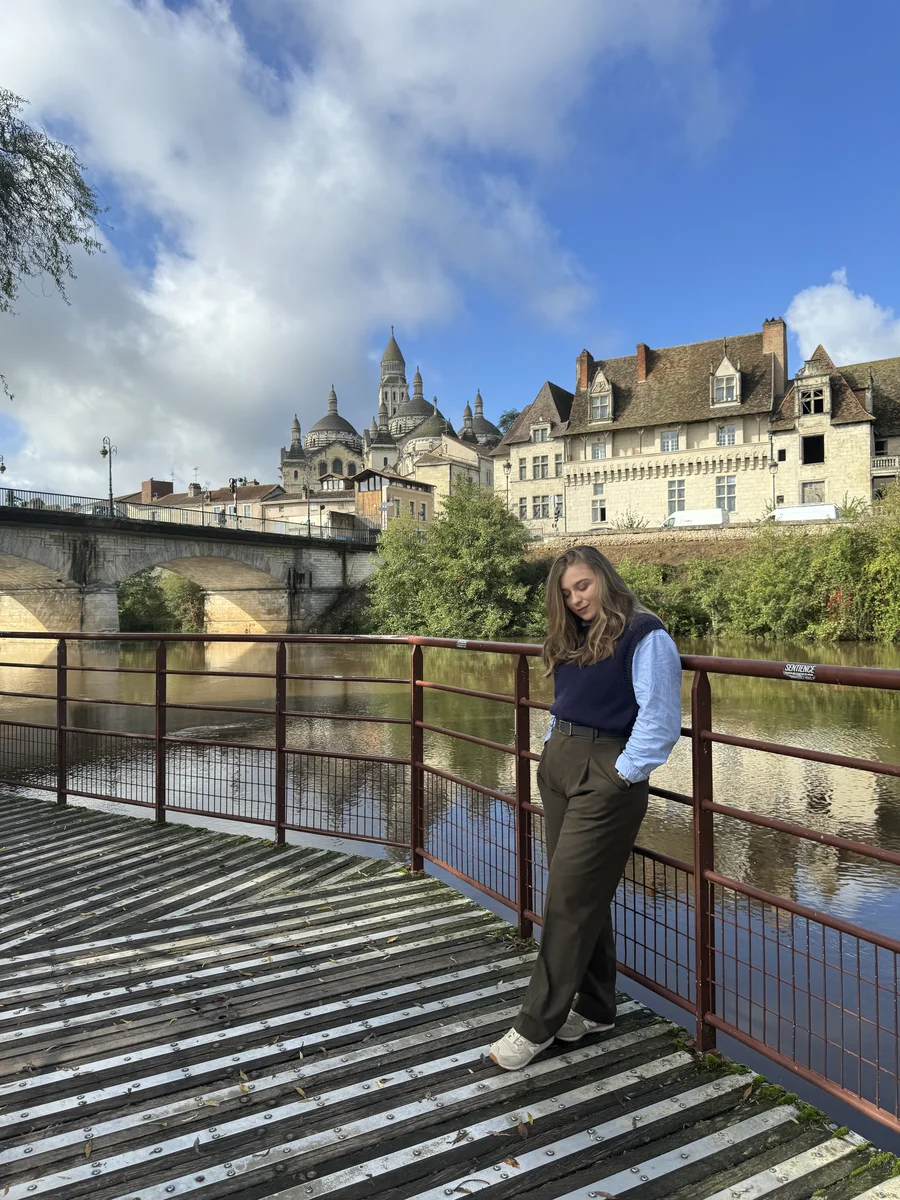
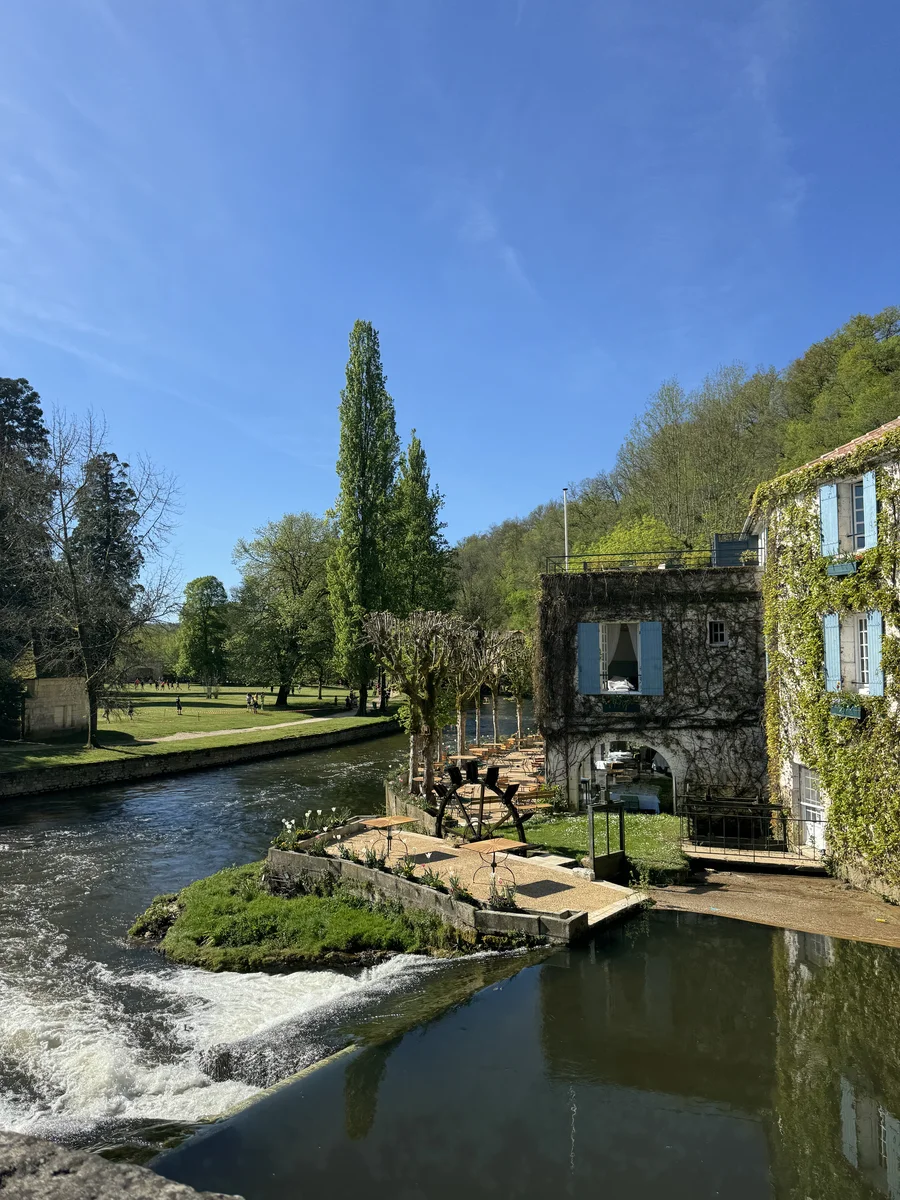
About the French Rental Market
— The degree of availability of real estate, again, depends on the location. That is, for example, Paris and the Côte d'Azur are very overpopulated places, and finding an apartment there can be very difficult.
Plus, the French require a lot of documentation. For example, to confirm your identity, they usually require a work contract or proof of payment for a previous apartment, and when you first arrive, it is simply impossible to provide such documents. In this case, French helped me a lot.
In France, landlords are generally wary of renting out their apartments. This is encouraged by a law that states that tenants cannot be evicted during the winter months, even if they fail to pay rent.
I didn't look for housing through an agency but contacted the owners directly through the Leboncoin website. At the same time, to increase our chances, we raised the rental price: that is, initially our apartment cost 800 euros, and we offered 850 so that they would rent it to us. Plus, we made a double deposit.
By the way, in France apartments are usually rented empty. Therefore, it is worth considering that you will also need to allocate funds for its arrangement.
Even if you speak French, making acquaintances can be difficult.
About Leisure and Travel
In my region, it is difficult to find entertainment without a car. If we want civilization, we go to nearby Bordeaux or Paris.
This year I have been to Paris more than five times — for short trips or for a week. I go to the capital when I want to experience cultural life: to visit museums, to go to exhibitions. And also when I just want to see more people than in my provincial town.
In general, when you live in France, it is much easier to travel. This year we managed to go to Italy, Spain, and Switzerland. My favorite region in France itself is Normandy.
In terms of tourism, France is certainly a country where you can always find new amazing places. So if you love to travel, this country is perfect for you.
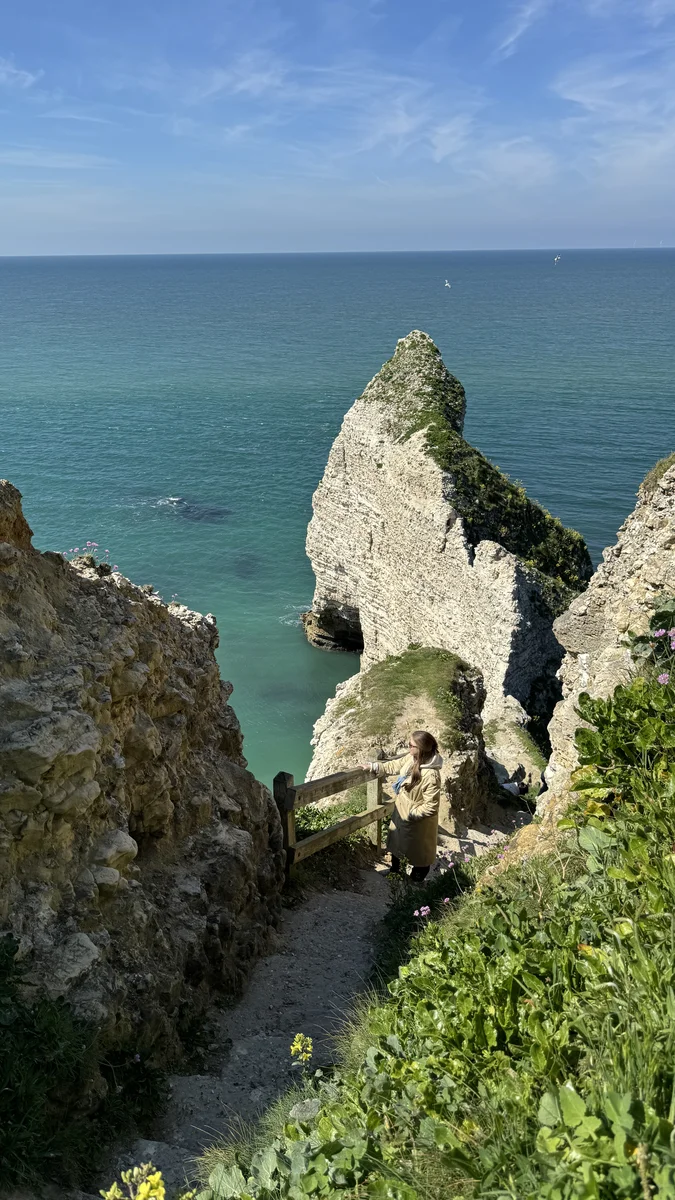
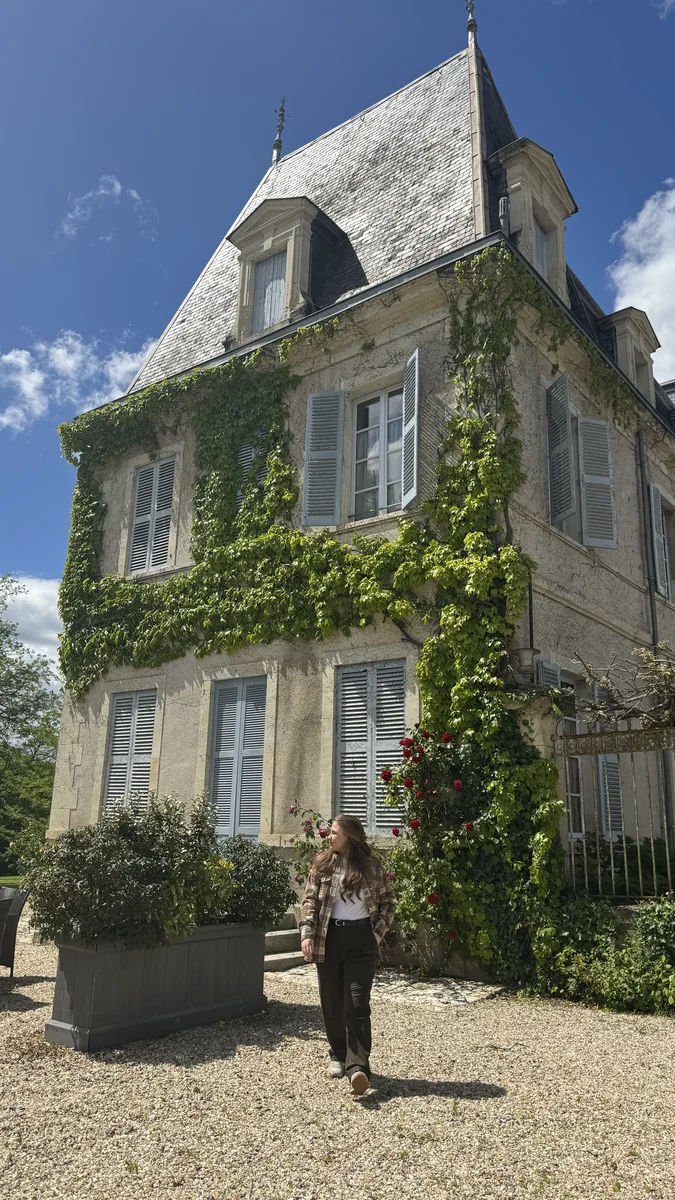
Tips for Those Wishing to Move to France
For those who want to move to France, I would advise them to start learning French, because it is, after all, a country where the locals speak their native language.
Secondly, I advise you to lower your expectations, especially time expectations. Everything is much slower here, and even after a year, I periodically complain about the slowness of the locals. But there is nothing you can do about it, so you just need to let this moment go.
Well, another thing: France, I think, is not the easiest country to move to, because the French are very close. I speak French very well, but even taking this into account, making acquaintances can be difficult.
So it's important to remind yourself why you're here and what it gives you. Because the first year was really very difficult, even for me — a person who has always wanted to move to this country.
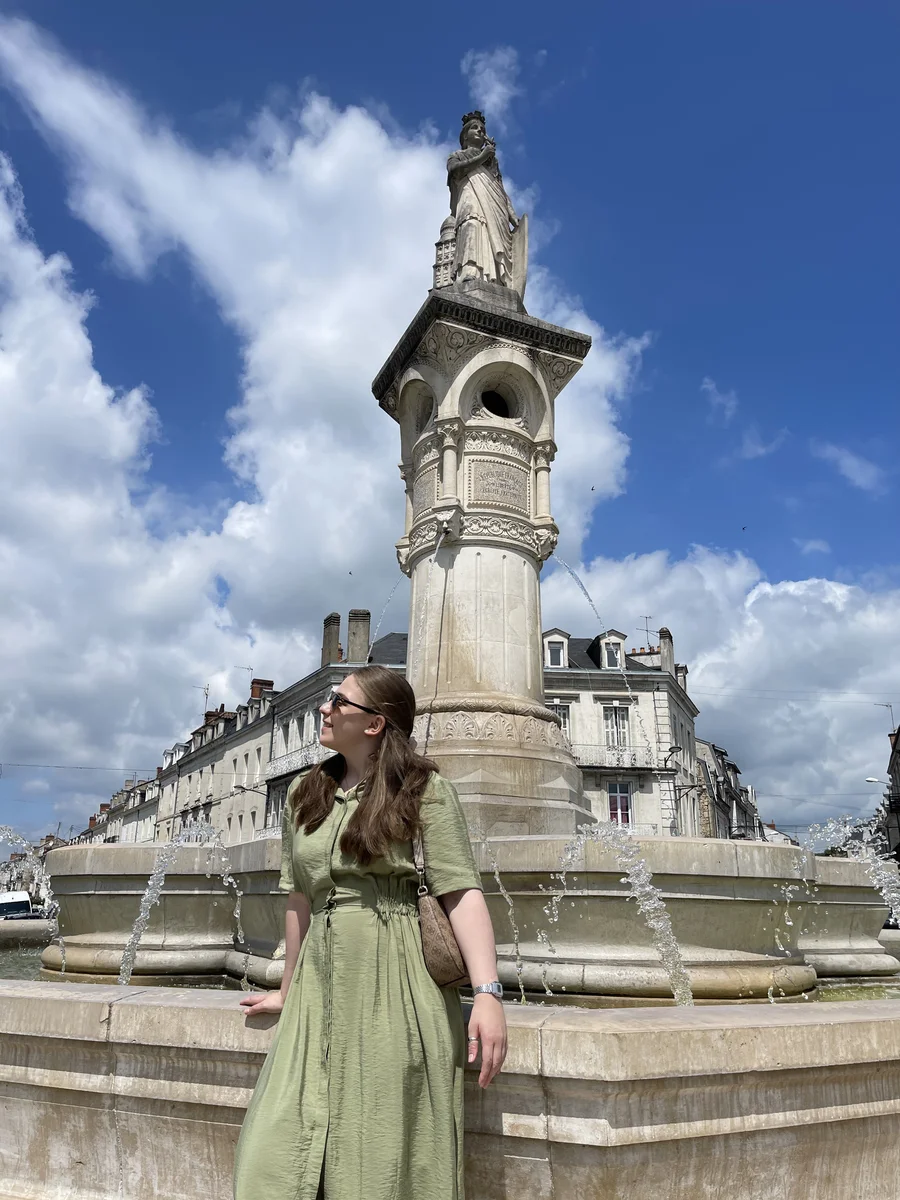
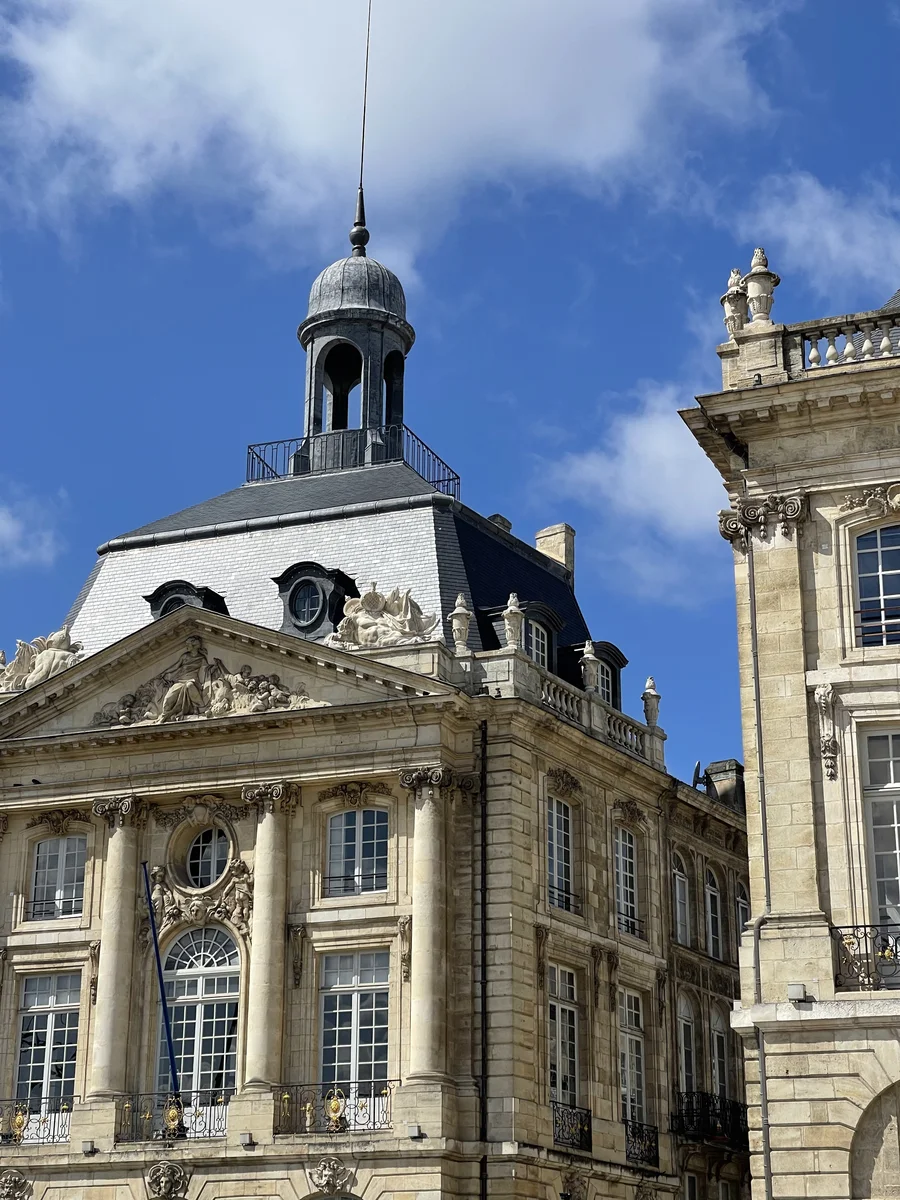
Do you want to share your personal experience of obtaining a startup-visa, relocating and living in another country? Email us at info@realting.com. We will be happy to tell your story.
Author
I am responsible for editorial work. I write expert interviews and guides.





















